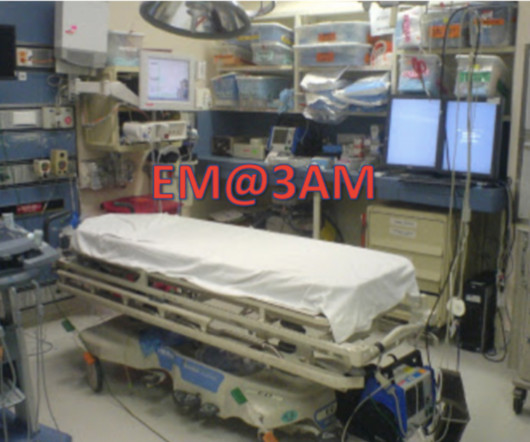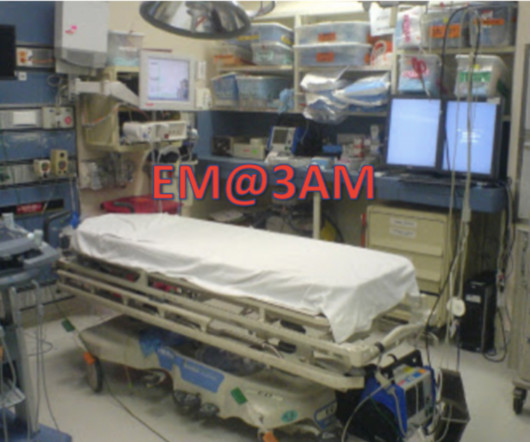emDOCs Podcast – Episode 100: Acute Chest Syndrome Part 1
EMDocs
MAY 15, 2024
Fluid management Goal is euvolemia Dehydration – needs IV fluid resuscitation. Hypervolemia – leads to pulmonary edema: Consider diuresis If euvolemic – start maintenance fluids of D5 in 0.45%NS Causes and outcomes of the acute chest syndrome in sickle cell disease. times maintenance.














Let's personalize your content